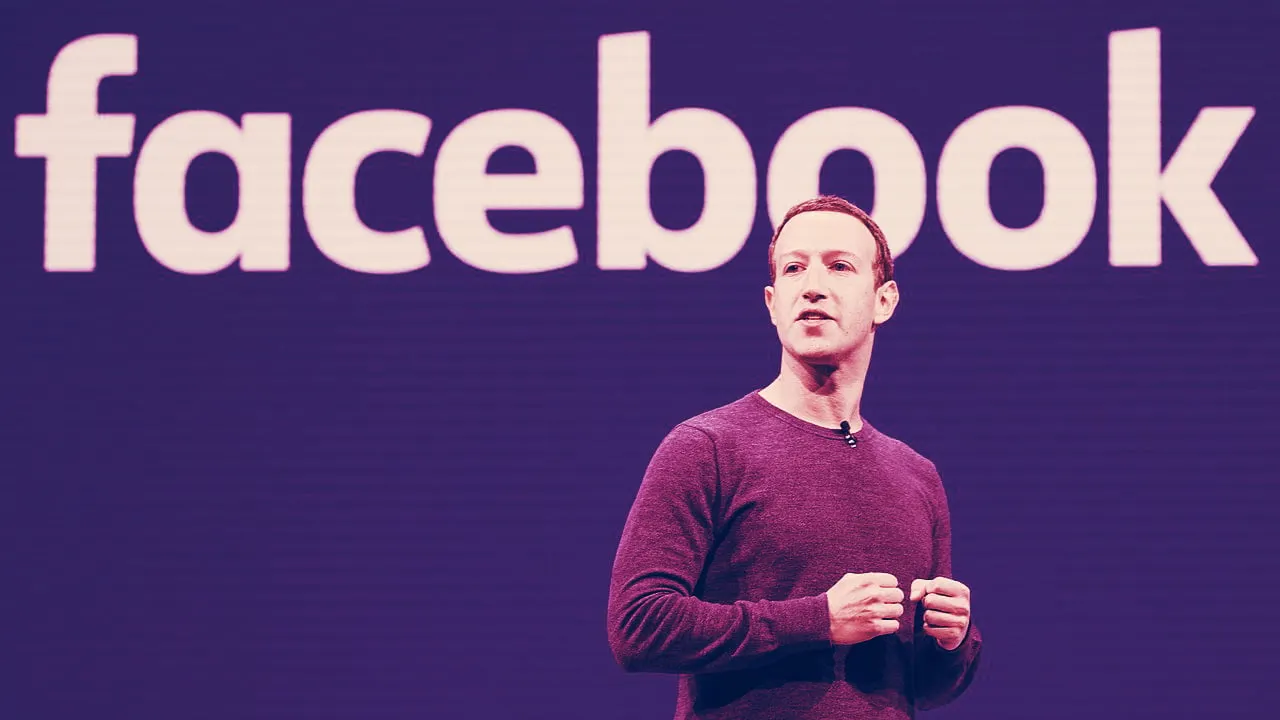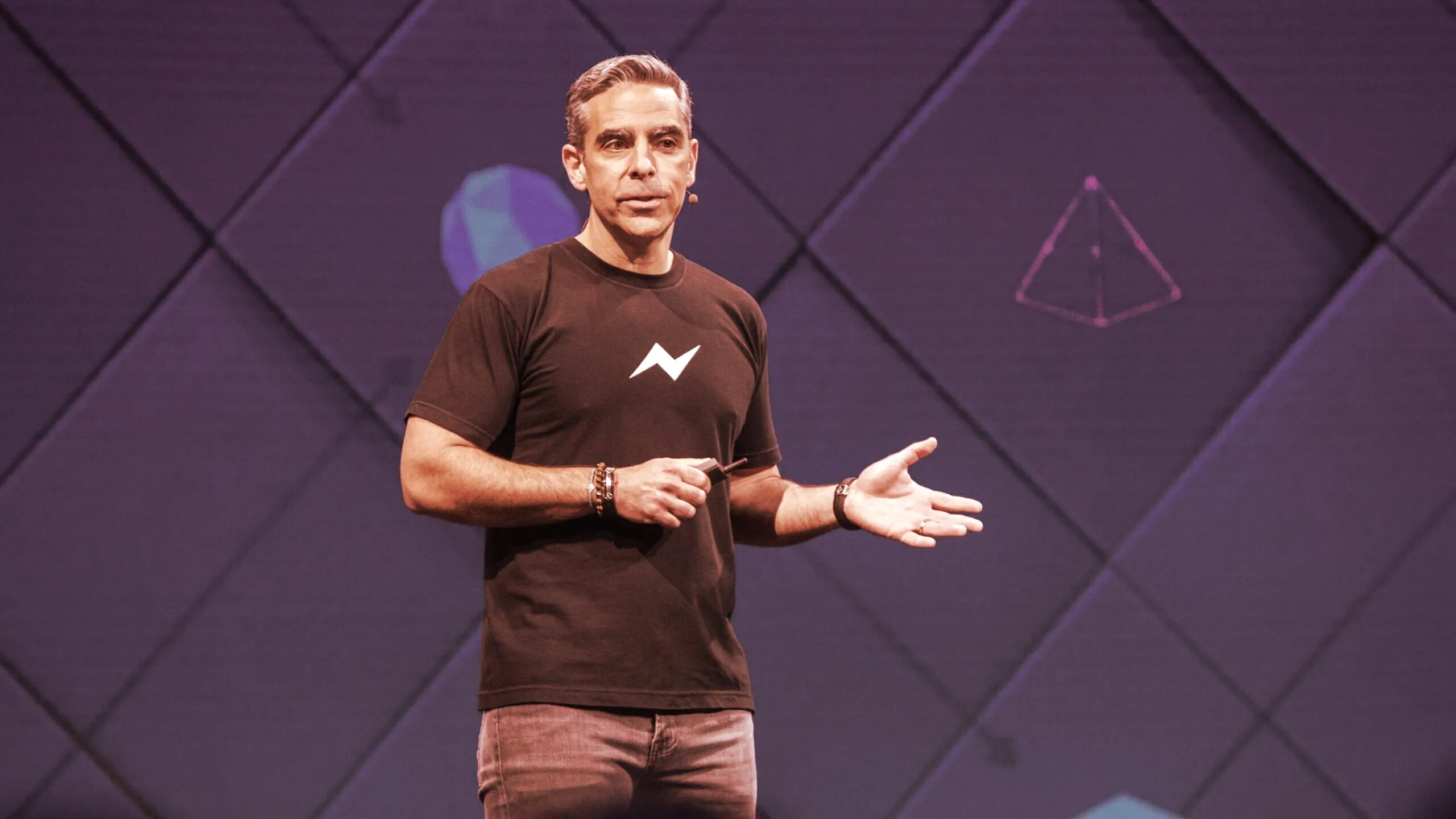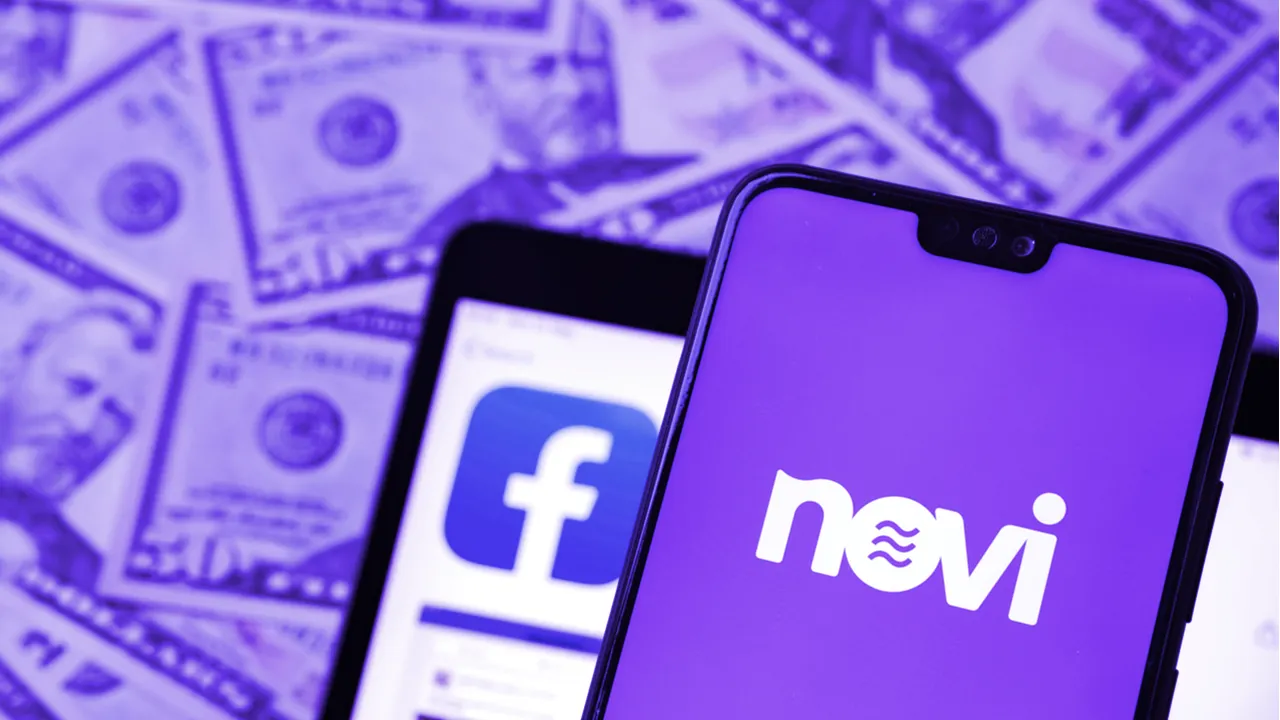Facebook may be one of the biggest companies in the world but its much-discussed new cryptocurrency has a daunting challenge: Appeasing U.S. regulators. And, Lord knows, CEO Mark Zuckerberg is not exactly beloved by Washington..
What regulators hate most is unregulated securities, and the Securities and Exchange Commission will be watching closely. They’ll be monitoring the risk that exposure to Facebook’s cryptocurrency presents to retail investors, and its potential volatility. It's to address the last that Facebook has decided on a so-called stablecoinstablecoin.
Details about Facebook’s project, dubbed GlobalCoin, are still dribbling out. (And we can expect lots more when the white paper is revealed on June 18.) But today, we learned from German business paper WirtschaftsWoche that, in addition to being a stablecoin, GlobalCoin will be backed by a basket of fiat currencies. Indeed, the design, led by former PayPal president David Marcus, has even impressed the federal Commodities Futures and Trading Commission in the U.S., which called it “very clever.”
Though that doesn’t mean it will sail past regulators or convert stablecoin critics, some say that of all the ways that stablecoin can be propped up, linking it to actual fiat currencies might be the best.
The basket case
“The decision by the social media giant to supposedly peg this stablecoin to a basket of currencies, rather than one single asset, represents promising news in its design,” Matt Branton, CTO of financial protocol, Neutral, told Decrypt.
Branton designed the “Neutral Dollar,” a stablecoin pegged to a basket of four other stablecoins—DAI, PAX, USDC, and TUSD—which launched in May. It’s recently been listed on crypto exchanges KuCoin and DDex and has been integrated into a number of wallets.
The coin works by rebalancing the composition of the basket according to market fluctuations, enabling on-chain swaps between the coins making up the basket. And Branton thinks that Facebook’s design, pegged to a diversified fiat currency basket, not only provides it with ample price stability, but could change the image of stablecoins.
In traditional finance, so-called “basketing” has long been a method of diversifying risk and guarding against volatility.
“Basket-backed stablecoin models are proven to offer investors increased stability through diversification,” said Branton. Still, he added that “whether a basket is comprised of fiat currencies or other digital assets, the underlying currencies experiencing inevitable fluctuations in price will have an impact on the overarching token.”
This, unavoidable, volatility may impact the value of GlobalCoin, said Branton. “Facebook will need to implement a system of constant review and assessment of the components of the basket to ensure that they are still the most effective options.”
Given Facebook’s reported plans to structure its cryptocurrency around a system of nodes, and sell off control to enterprises to raise funds (at $10 million a pop, reportedly,) Branson said “it remains to be seen whether such a system for constant review can be implemented.”
The critics
The hunt for a workable stablecoin has been one of cryptos many holy grails. In fact, some critics say the very idea is a fallacy—a perpetual-motion machine.
Thus far, stablecoins have come in all sorts of forms. There are those tied to a fiat currency; those pegged 1:1 to other cryptocurrencies; and those that are “basket-backed”—tied to multiple fiat or cryptocurrencies, to provide for increased stability.
“They’re only as “stable” as the legacy system they derive their value from,” said Juan Villaverde, leader of the Weiss Cryptocurrency Ratings team.
"Facebook's GlobalCoin is no different than a bank account with multi-currency support, or a brokerage account where you have exposure to multiple assets or an ETF designed to track a certain index," he told Decrypt.
The main issue that the critics find fault with derives from the fact that, for stablecoins to maintain a stable value, they need to be backed by a reserve, which typically comes from a centralized entity, such as a bank. And that puts them at risk of destabilization from external geopolitical factors, and others who might seek to manipulate them. (The non-stop criticism of the best-known stablecoin, Tether, which claims that its tokens are backed 1:1 by U.S. dollars, is a pretty good example of the worst aspects of some stablecoin schemes.)
For purists like Villaverde, only so-called trustless solutions will do; anything else is simply an attempt to, not replace banks, but become them.
The referees
And that’s where the regulators come in. In March, the SEC’s Senior Advisor for Digital Assets, Valerie Szczepanik, warned, while speaking at Austin’s SXSW conference, that certain types of stablecoins “could raise issues under securities laws.”
“Where there is one central party controlling the price fluctuation over time,” said Szczepanik, that “might be getting into the land of securities.”
In fact, crypto attorneys caution that the SEC or the CFTC might ultimately come down on all manner of stablecoins, even those backed by fiat. However pronouncements about Basket-backed stablecoins have been lacking to date.
So, Facebook has been talking to the CFTC, which has embraced cryptocurrencies more than any other regulator. Their decision, however, rests on whether GlobalCoin trading will be in cash or on futures-based exchanges. And, no doubt, the social media giant is hoping that “GlobalCoin,” will fall under its regulatory remit, which includes derivatives and futures, rather than that of the SEC.
In that case, the topic of centralisation will arise, and we all know that’s a tricky tightrope for even Facebook to walk.




